Global Regionalization examines the astonishing political and economic changes that have completely reshaped the political geography of certain regions during the past fifteen years. It deals with the concept of global bloc formation, examining the impacts that changing political-economic conditions and relationships in and between nations have on demographic and economic flows.
The contributors examine areas including; the Central European states which previously belonged to the Soviet block and now form part of an extended Europe; the growing affinities amongst Muslims worldwide but most especially in the Middle East, North Africa and the former South Central Soviet region. The book argues that as former adversaries in Central Asia are beginning to find ways of forging new ties, India may eventually emerge as a core state in the new emerging region. At the same time China is increasingly gaining momentum amidst other fast growing economies in the Pacific Rim, gradually moving the point of gravity in the region westwards.
The book will be of interest to economists, geographers, planners and regional scientists because it explains the latest trends in global and regional industrial development. It will also appeal to sociologists and political scientists as it examines why global and regional core peripheral differentials keep on widening.


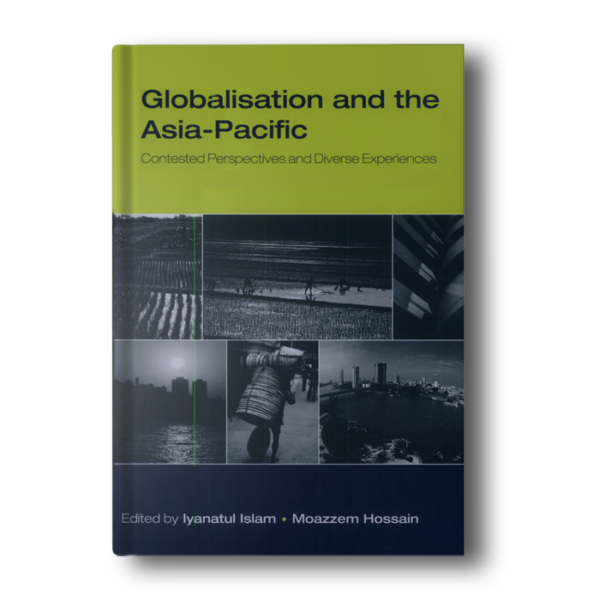

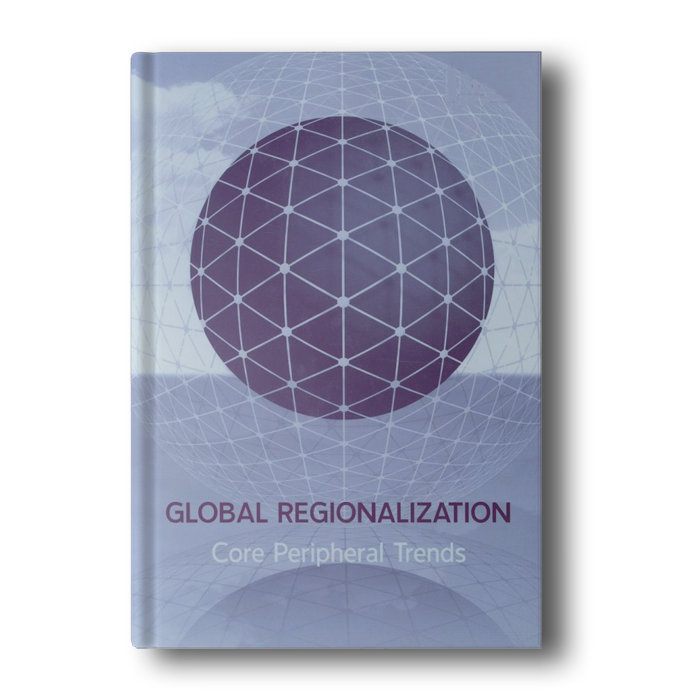
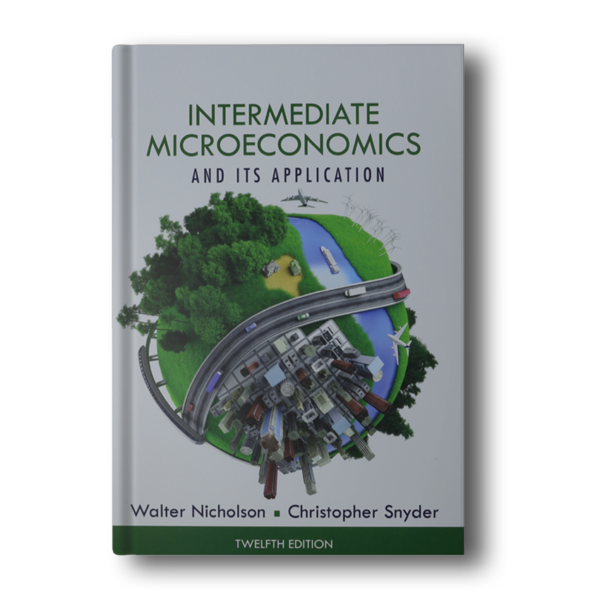
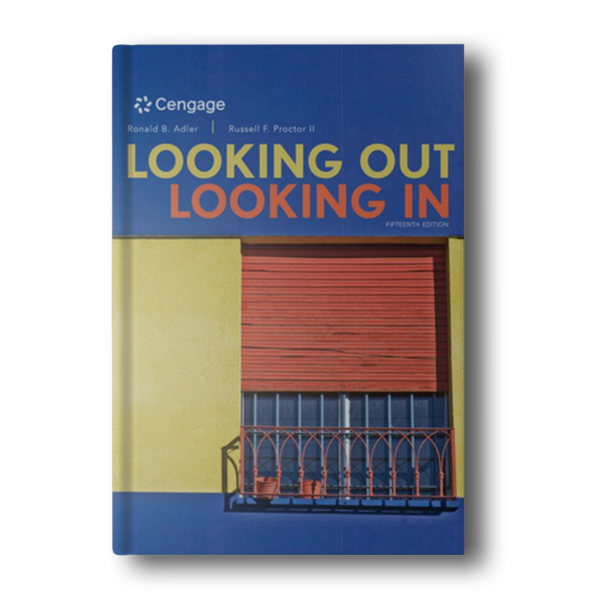


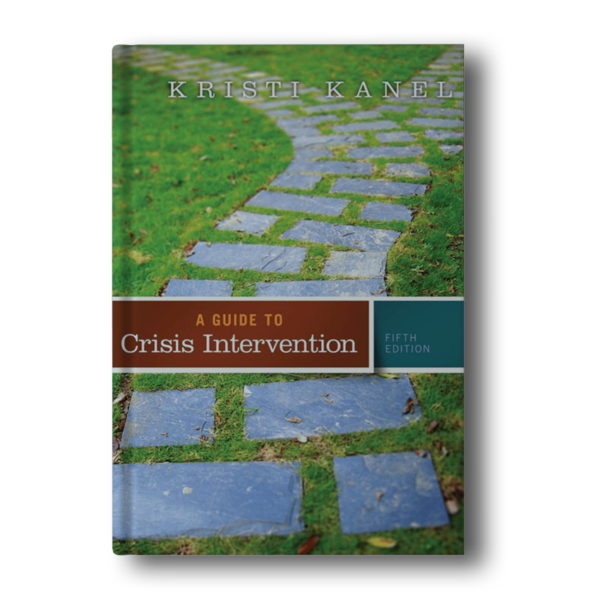





Reviews
There are no reviews yet.